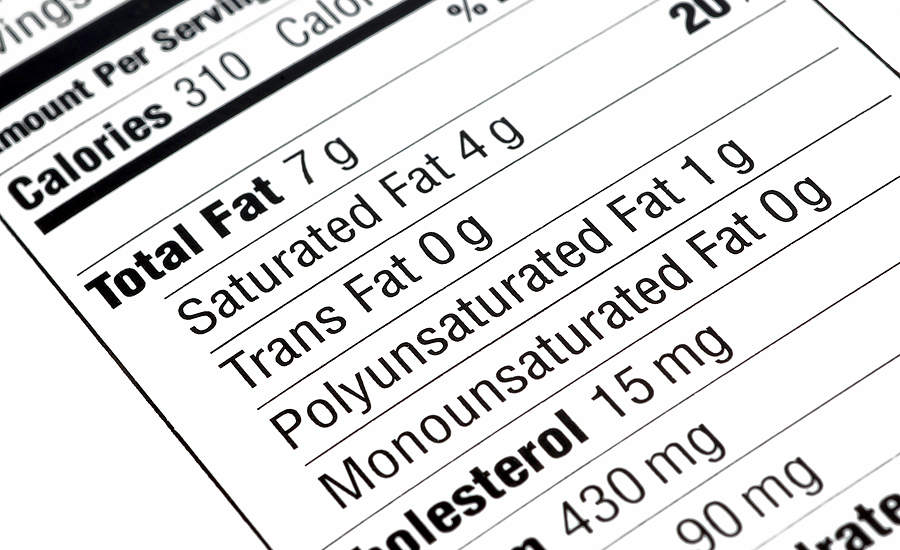Demand for active and intelligent packaging in the United States is forecast to expand 7.3% annually to $4 billion in 2019, well above the packaging industry average, according to “Active & Intelligent Packaging,” a study produced by The Freedonia Group, Inc., a Cleveland, Ohio-based industry market research firm.
Active packaging provides functions beyond product protection and identification, such as moisture control, whereas intelligent packaging incorporates features that indicate status or communicate product changes and other information. While many active and intelligent packaging products, such as packaged desiccants and volatile corrosion inhibitors, have a well-established presence, emerging products include antimicrobial packaging, advanced time-temperature monitors and smartphone-enabled interactive packaging products.
Intelligent packaging demand will see the faster growth, advancing at a double-digit rate as products such as time-temperature indicators and smart labels and tags become more common.
“Although many of these products have been seen as unnecessary or cost prohibitive in the past, the development of technology, which allows for low cost production of printed electronics and the elimination of specialized electronic readers in favor of smartphones, will allow them to enter the mainstream,” says analyst Katie Wieser.
Recent legislation will drive rapid adoption of tracking-enabled or interactive packaging components in the pharmaceutical and food markets, both which require producers to take steps to make products safer and easier to recall.
Active packaging demand is forecast to grow 5.4% per year to $2.5 billion in 2019. Demand will be driven by growth in gas scavenger products, which are benefiting from the development of more advanced technology and the growing preference for foods with fewer additives. Growth in demand for corrosion control packaging, desiccants and microwave susceptors will register more moderate gains due to market maturity. However, healthy gains will still be observed as products are introduced to perform these standard functions more efficiently. For example, new environmentally friendly corrosion-control scavengers and desiccants embedded in bottles or caps to provide moisture control for pharmaceuticals.


